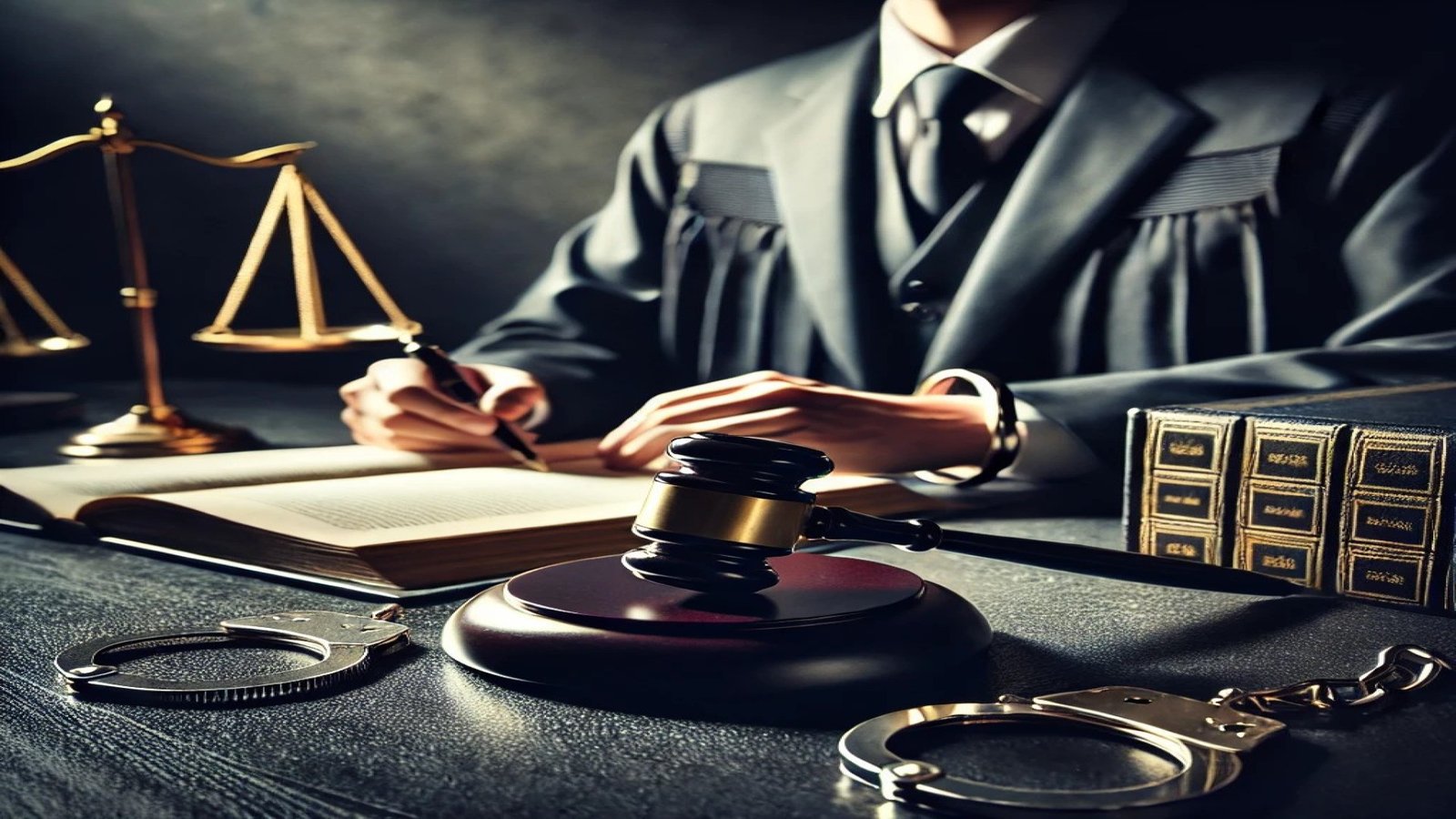Criminal Litigation
Criminal litigation is the legal process through which the government prosecutes individuals accused of committing crimes. This area of law encompasses a range of offenses, from minor infractions to serious felonies, and involves both procedural and substantive aspects. The primary goal of criminal litigation is to uphold public order and ensure justice by determining the guilt or innocence of the accused. The process begins when law enforcement agencies investigate a crime and gather evidence. If there is sufficient evidence to support a charge, the prosecutor will file formal charges against the accused, initiating the litigation process.
The stages of criminal litigation typically include arraignment, pre-trial motions, trial, and sentencing. During the arraignment, the defendant is formally presented with the charges and asked to enter a plea of guilty, not guilty, or no contest. Following the arraignment, various pre-trial motions may be filed by either party. These motions can address issues such as the admissibility of evidence, requests for a change of venue, or motions to dismiss the case. If the case proceeds to trial, both the prosecution and the defense present their arguments, evidence, and witness testimonies before a judge or jury. The prosecution bears the burden of proving the defendant's guilt beyond a reasonable doubt, a high standard that reflects the serious consequences of a criminal conviction.
If the defendant is found guilty, the court will impose a sentence, which may include incarceration, probation, fines, community service, or a combination of these penalties. Sentencing can also be influenced by various factors, including the severity of the crime, the defendant's criminal history, and any mitigating or aggravating circumstances. Additionally, the defendant has the right to appeal the conviction or the sentence, seeking a review by a higher court to ensure that legal procedures were followed correctly and that the defendant’s rights were protected throughout the litigation process.
Rights of the Accused
In criminal litigation, the rights of the accused are fundamental and are protected by both state and federal laws. The Sixth Amendment to the United States Constitution guarantees the right to a fair trial, which includes the right to be informed of the charges, the right to confront witnesses, and the right to legal counsel. If a defendant cannot afford an attorney, the court will appoint one to ensure that the accused has adequate representation. The Fourth Amendment protects individuals from unreasonable searches and seizures, requiring law enforcement to obtain warrants based on probable cause. These rights are essential in maintaining the integrity of the judicial system and ensuring that justice is served fairly.
Conclusion
Criminal litigation is a complex and often contentious process that plays a crucial role in the administration of justice. It involves multiple stages, each with its own procedures and requirements. The stakes are high, as a conviction can lead to severe consequences for the accused, including imprisonment and a lasting criminal record. Understanding the intricacies of criminal litigation is vital for all parties involved, from law enforcement to defense attorneys to the accused. As the legal landscape evolves, ongoing education and awareness of criminal rights and procedures remain essential in upholding justice and fairness within the legal system. If you have specific aspects of criminal litigation you would like to delve deeper into or have additional questions, feel free to ask!

